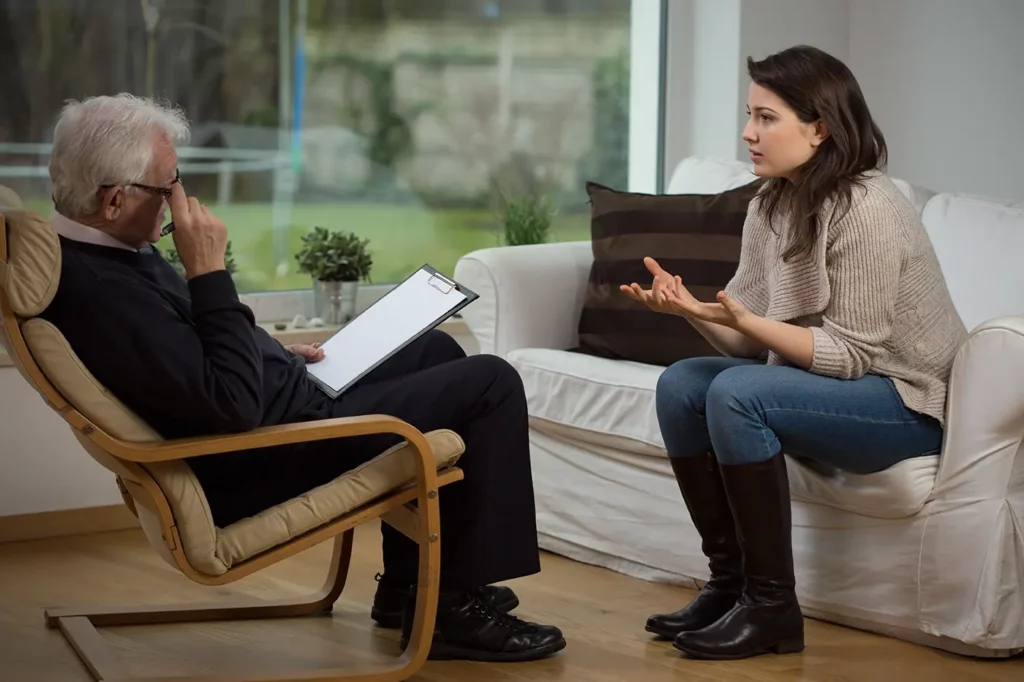24/7 Helpline:
(866) 899-221924/7 Helpline:
(866) 899-2219
Learn more about Aftercare Support centers in Monona County

Other Insurance Options

UnitedHealth Group

Highmark

GEHA

Health Choice

Health Net

Private insurance

Sliding scale payment assistance

WellPoint

Ceridian

Humana

Evernorth

Providence

EmblemHealth

CareFirst

AllWell

Sutter

Horizon Healthcare Service

UMR

Medical Mutual of Ohio

Meritain

Burgess Health Center – Mental Health
Burgess Health Center – Mental Health is a private rehab located in Onawa, Iowa. Burgess Health Cent...

Lakeland Mental Health Center – Moorhead
Lakeland Mental Health Center – Moorhead is a private rehab located in Moorhead, Minnesota. Lakeland...

Gull Harbour
Gull Harbour is an Intensive Residential Treatment Services (IRTS) program. It includes time-limited...

Maple Mountain Recovery
Maple Mountain Recovery provides a full continuum of holistic addiction treatment for adults in Mapl...

























Jackson Recovery Center – 10th Street
Jackson Recovery Center - 10th Street offers outpatient treatment for adolescents with alcohol and/o...

Anchorage
Anchorage is a private rehab located in Moorhead, Minnesota. Anchorage specializes in the treatment ...

Solutions Behavioral Healthcare Professionals
Solutions Behavioral Healthcare Professionals is a private rehab located in Moorhead, Minnesota. Sol...













































